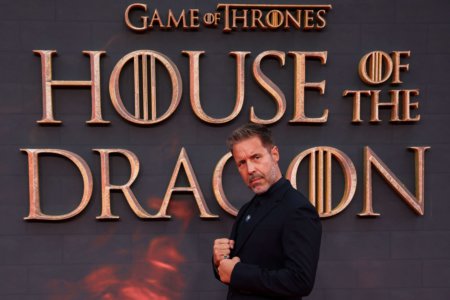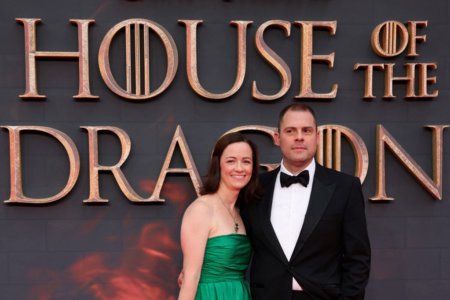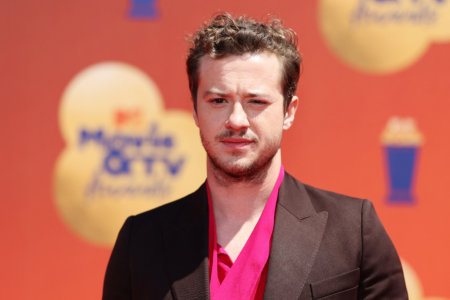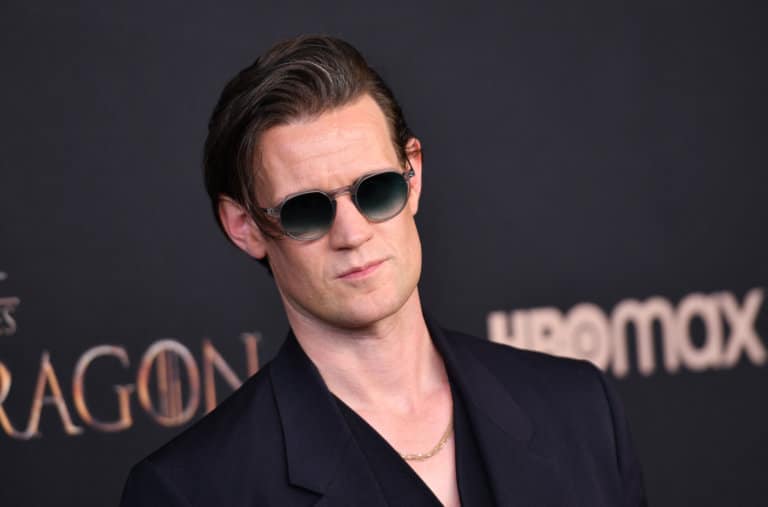
Matt Smith is a name that every “Game of Thrones” fan is familiar with. As one of the leading figures in its new spin-off, “House of the Dragon”, the illustrious actor has been turning heads left and right for his quietly chaotic portrayal of Daemon Targaryen. In fact, most reviews point out how Smith tends to “steal the show” of every episode he’s in — a remarkable feat for any actor.
Fans of Matt Smith know that this is nothing new. He consistently delivers thoughtful, subtle performances with every project. More than that, he thrives in every role he’s in, no matter if he’s playing the good-willed Doctor from “Doctor Who” or a brooding and intense photographer in “Mapplethorpe”.
In this, it’s natural to wonder: what is Matt Smith’s secret to success? How does he manage to astound audiences with every performance?
The answer is simple: while much of this has to do with natural talent, a large portion can be traced back to his education and training.
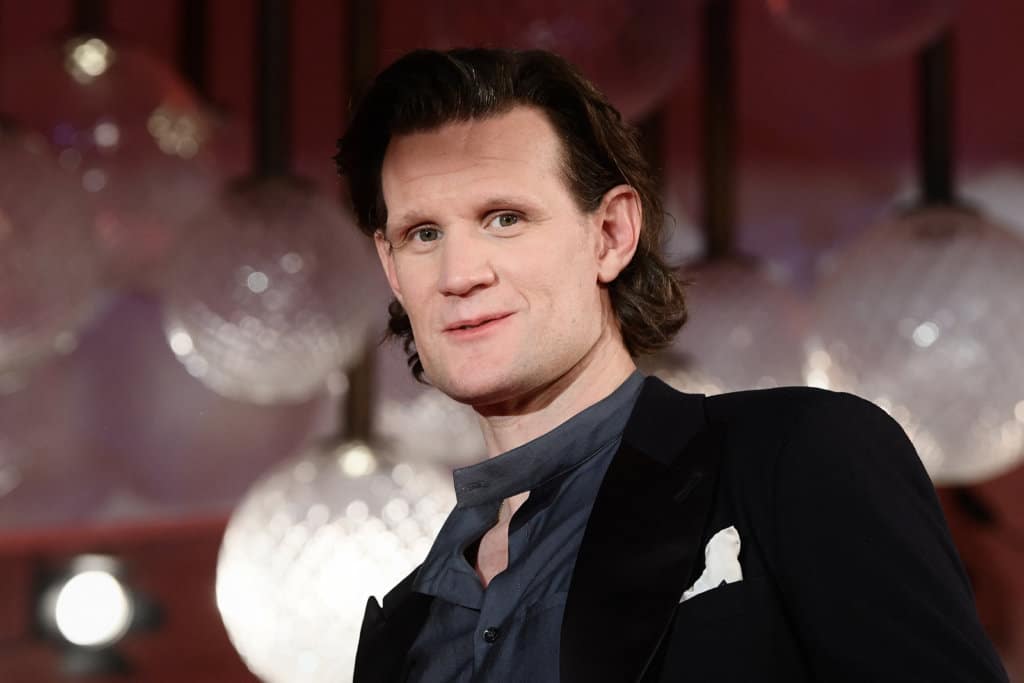
Matt Smith went from aspiring footballer to internationally-renowned actor. Source: Filippo Monteforte/AFP
How Matt Smith’s early failure led to his current success
Given how successful he is today, many would be surprised to find out that acting wasn’t always on Matt Smith’s radar.
Growing up, Smith was gearing up to become a footballer. He signed up as a youth player with his local club, Northampton Town, followed by Nottingham Forest and Leicester City. However, a back injury ultimately rendered him unable to continue playing.
Smith says he took the news quite badly at first. “It was very difficult for me to tell people that I had been released, because the vain part of me thought ‘I am Matt and I’m the footballer’,” he was quoted saying.
Still, it was his failed football career that ultimately paved the way for his current success in acting. Throughout his schooling years, a teacher made repeated attempts to involve him in plays and drama festivals — which Smith would at first ignore but later decided to attempt.
“I just thought it was a bit girly, which sounds reductive, but it was such a big departure for me, and the first play I was in my friends came to watch and were just like ‘what is he doing’?,” he recalled. “But I got the same sense of freedom as I got from playing football.”
From footballer to drama student
From then on, Matt Smith’s interest in acting continued to develop. He participated in school plays and joined the National Youth Theatre, where he took part in a range of productions. This includes a 2003 production of “A Murder in the Cathedral” — in which he received praise for his “mature performance”.
He credits his acting career entirely to his time there. “The National Youth Theatre is the reason I’m an actor,” he shared. “It completely transformed my life and I’m proud to be part of it still because I care very deeply about it.”
After this, Smith went on to pursue a degree in drama and creative writing at the University of East Anglia. As a student, Smith is remembered for his hard work and relentless passion.
“He was a very dedicated student, very inventive, determined, and you could see he was hugely talented,” his former tutor Jon Hyde commented. “He is a bright young man and a brilliant comic actor particularly. He had a lot of friends, and worked hard.”
Following this, Smith went on to make history by being the youngest actor to be cast as the titular character in “Doctor Who.” He’s steadily climbed the ladder since then: landing roles in Hollywood films like “Last Night in Soho” and playing a young Prince Philip in Netflix drama “The Crown”.
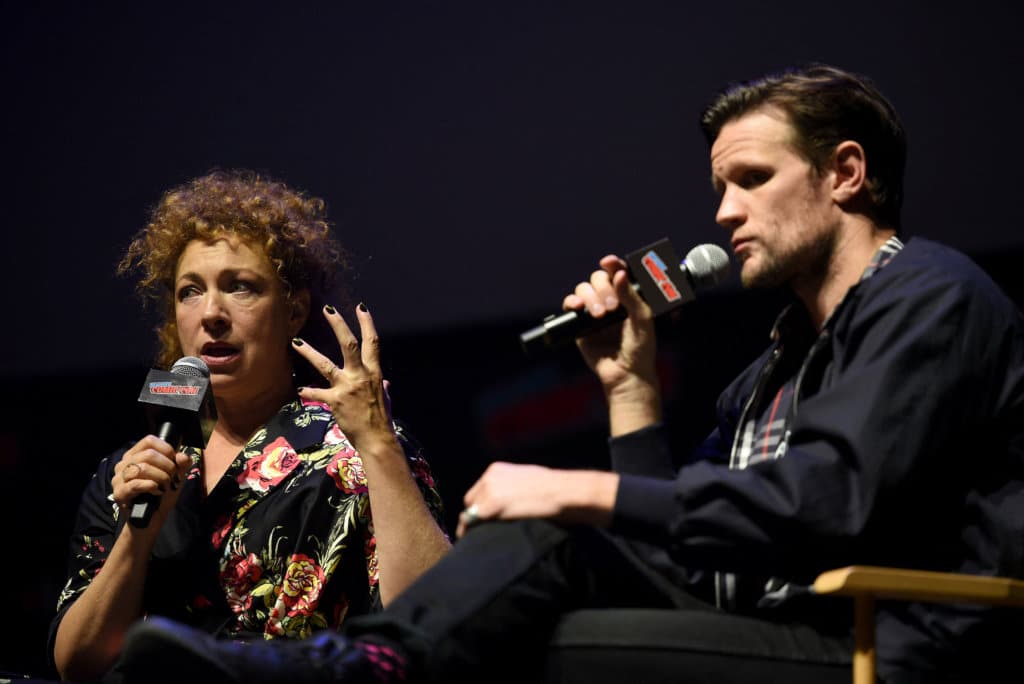
Matt Smith at the New York Comic Con with “Doctor Who” co-star Alex Kingston. Source: Andrew Toth/AFP
Matt Smith: “It’s about being actively challenged.”
Despite the recognition Smith has gained for his achievements, he says he doesn’t chalk it up to success. “For me, it’s not about being successful,” he told Rolling Stone. “It’s about being actively challenged and engaged. I mean, what are you gonna do — stay in bed all day and read the papers? You’ve got to get up and do it.”
This, he says, has driven him to keep searching for more daring, different roles. His turn as Daemon Targaryen in “House of the Dragon,” for example, is wildly different to his beloved role as The Doctor.
It’s a mindset, he says, he adopted out of his short football career. “I played a lot of sport when I was younger, and it doesn’t leave you, that idea you’ve got to keep going, keep improving, keep getting better,” he said. “And I would hope that, in my 40s, I’ll become a better actor than I was in my 30s. I’ve got to — otherwise, what’s the point?”








